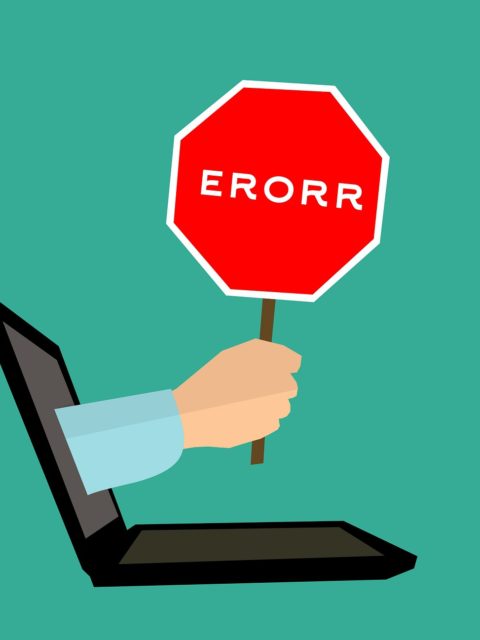At one of our recent investor breakfasts, Howard Morgan, founding partner of First Round Capital and Chairman of B Capital, offered up the six P’s he looks at when evaluating a company: people, product, plans, profits, passion, and persistence, with ‘product’ including knowing your market, and ‘plans’ meaning financial planning. We’re going to add a seventh P, since Howard also believes that one of the most frequent startup mistakes is coming up with the wrong Pricing, whether it’s too high or too low.
Then there are the much more basics mistakes that startups make/common misconceptions that founders or the team have, which we feel contribute greatly to the fact that nine out of 10 startups fail. Remember: Anyone can start a company. Not everyone can build a business. These might be a few of the contributing factors that can make all the difference:
1. You don’t need to hire a writer. Anyone can write. Not really, but we’ll play. It’s not simply about writing – it’s about communicating. Effectively. Because founders believe that anyone can write, that skill is devalued. The concept needs to be rethought. Try this: you pay your tech developers, right? The writer is developing the concepts that will effectively get your message to your prospective audience/customers. Think of it as a front-end coding skill. Anyone can learn to code. Not everyone can code well. Content writers are front-end developers who use a specialized coding language. Words instead of zeros and ones and symbols, etc. And remember: the first thing your customers see are the words, not the code. And glad we’ve finally clarified that one! Pay your writers! Read More...



